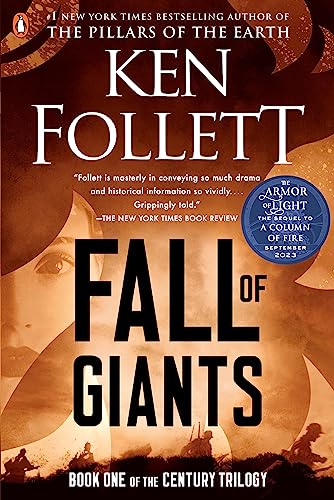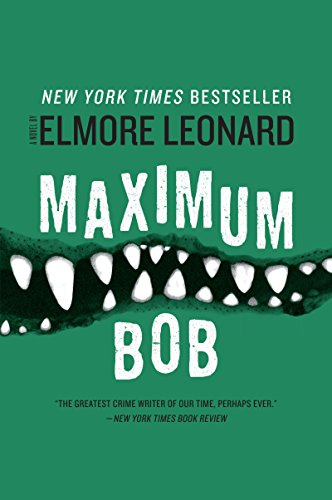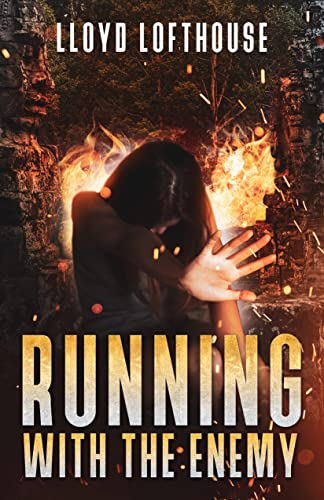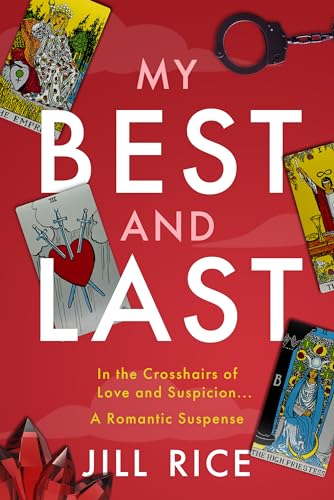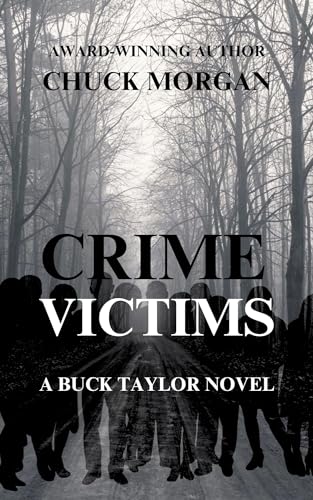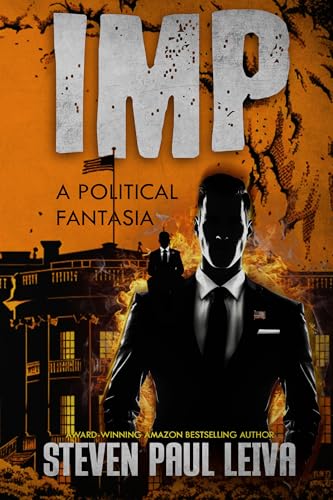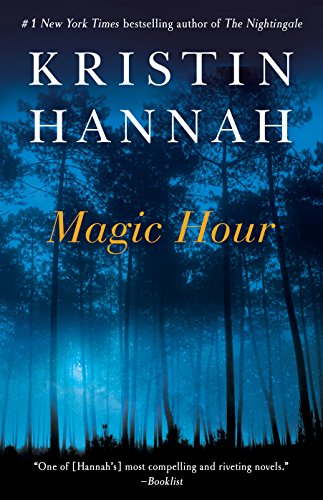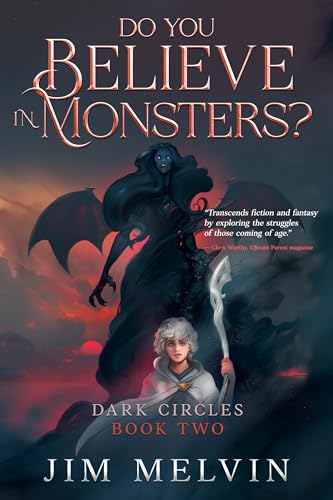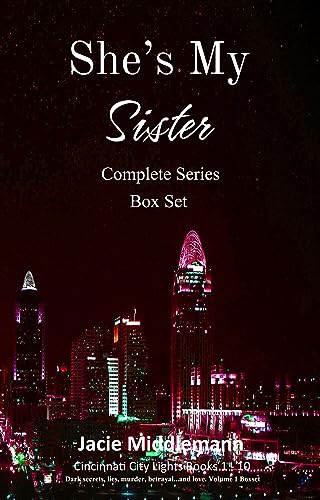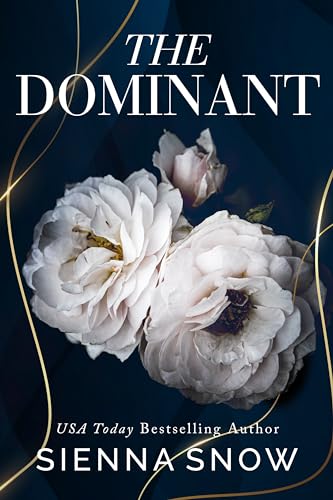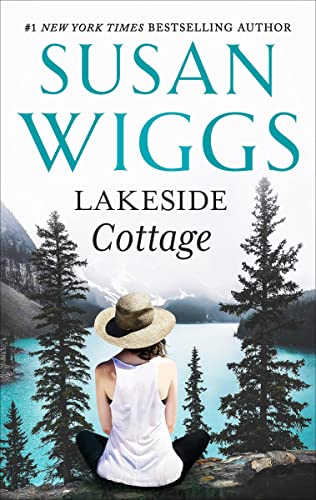By Stephen Windwalker
Editor of Kindle Nation Daily ©Kindle Nation Daily 2010
Update: Apparently Random House does feel strongly that it has legal arrows in its quiver to fight this development, and Random House spokesman Stuart Applebaum told Publisher’s Marketplace this morning, “We are disappointed by Mr. Wylie’s actions, which we dispute. Last night, we sent a letter to Amazon disputing their rights to legally sell these titles, which are subject to active Random House publishing agreements. Upon assessing our business options, we will be taking appropriate action.”
The power shift in the publishing industry continues, and we’re seeing some signs that there’s an A-list of players holding the trump cards: authors, agencies, and Amazon. Today’s announcement of Kindle exclusives for 20 contemporary classics may seem like a small addition to the Kindle catalog, but if you have any doubt about the significance of The Wylie Agency establishing an imprint to become a direct publisher of ebooks, take a look at Wylie’s client list at http://www.wylieagency.com.
With publishers trying to hold ebook royalties in the 25 per cent range, authors and agents calling for 50 per cent, and Amazon offering 70 percent in direct publication deals, it’s not surprising that a powerful literary agency like Andrew Wylie’s has, to quote a Publisher’s Marketplace post this morning, “made good on threats to create his own company to distribute ebooks by making deals directly with etailers rather than traditional publishers.”
There’s no word yet either on Wylie’s financial arrangement with Amazon or on the royalty rates that Wylie will pay to authors and their estates, but I’ll speculate that Wylie will be paid 70 percent of the Kindle list price by Amazon and that royalties will fall somewhere between 50 and 60 percent of the Kindle list price. Now that such a deal has been made, it will add significant traction, in terms of the financial consequences of various alternatives, to two major battles: the debate over what standard ebook royalties should be, and current and prospective legal battles about who owns ebook rights for backlist titles.
Random House, which owns the print rights to many of the newly published ebooks, sent a letter last December to literary agents claimed that it owned digital rights to the entire Random House print catalog even if those rights weren’t specified in the publisher’s contract. While that sounded like a warning salvo from Random House foreshadowing litigation against authors and agents’ disaggregation efforts concerning ebook rights, the publisher has yet to file any lawsuits and has instead focused on negotiating agreements with agents to publish backlist titles in digital form.
Today’s announcement is likely to strengthen the hand of agents and authors in such negotiations, and perhaps even empower them to decline further negotiations in favor of direct deals if publishers continue to demand a 75-cent donation from every dollar of ebook proceeds.

